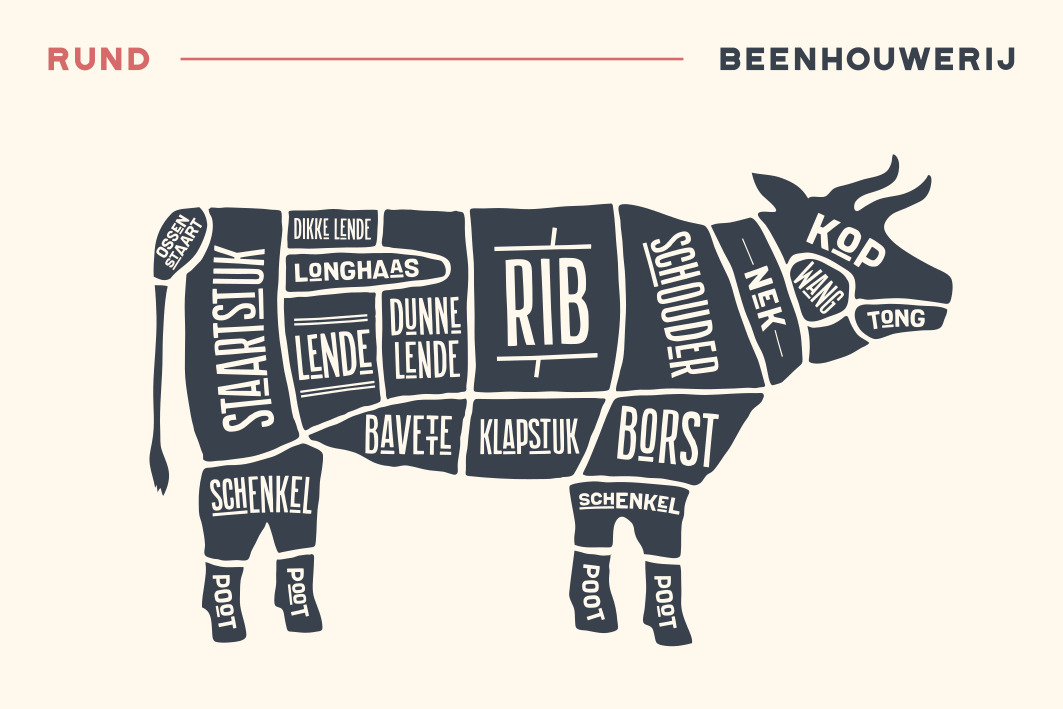So say fifty scientists, including from WUR. They make this plea in a letter to Mariëtte Hamer, who is charged with investigating options for a new coalition government.
They call on her to include the meat tax in a new coalition agreement. Sander Biesbroek (Human Nutrition & Health) is one of the signatories. The meat tax is partly based on his model studies of the topic.
We don’t just want to tax the bad things, we also want to encourage the good things
The main aim of the proposed tax is to make meat production more sustainable. So part of the tax revenue will go to the farmers. Some of the money will also be used to buy up animal holding rights, which will reduce the livestock population. There should also be income support for low-income groups to keep meat affordable.
In the group’s worked examples, the price of meat should rise by 30 per cent over the next ten years. That increase would persuade people to eat less meat. ‘Price incentives work,’ says Biesbroek. At least if they are big enough. ‘An extra five cents on two euros won’t make any difference.’ While meat should become more expensive, the researchers want other food to be cheaper. ‘We don’t just want to tax the bad things, we also want to encourage the good things.’ That could be done by reducing the VAT on fruit, vegetables and meat substitutes to four per cent or by removing it altogether.

 Illustration Shutterstock
Illustration Shutterstock 

